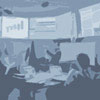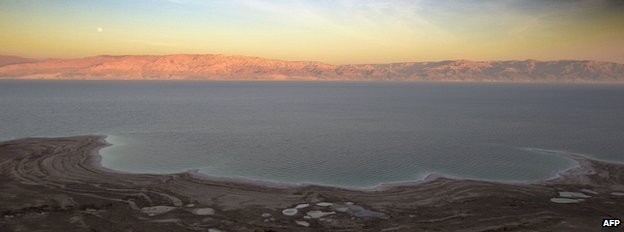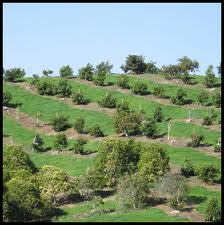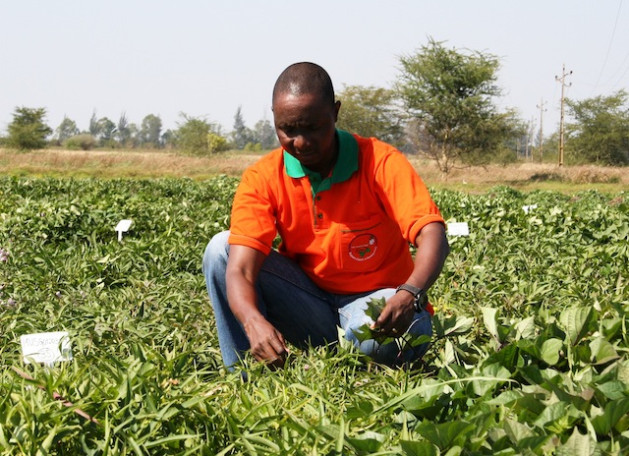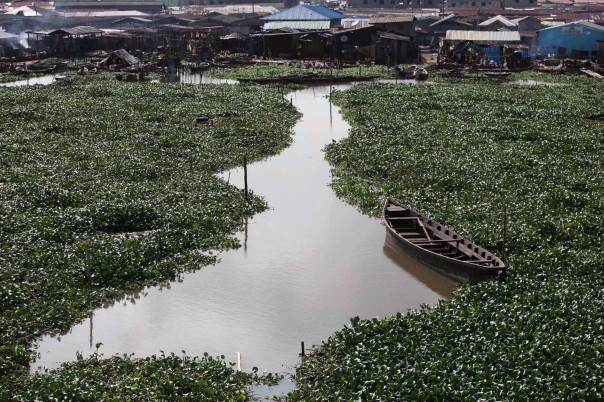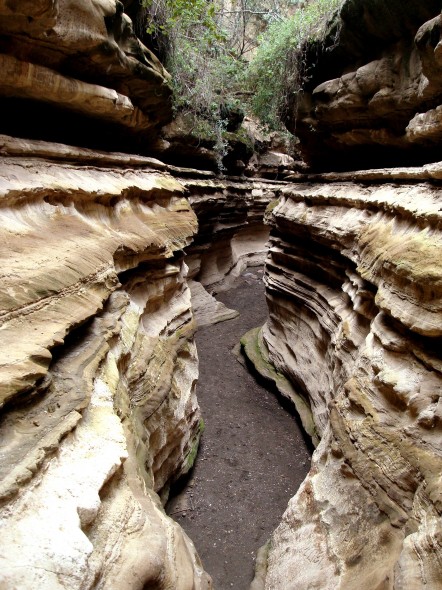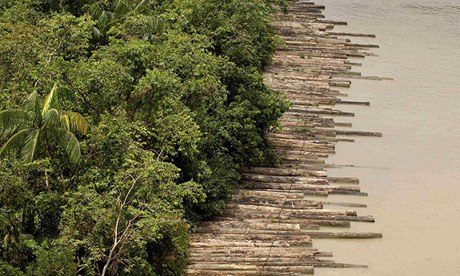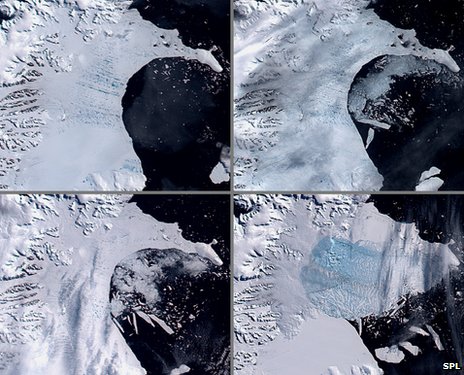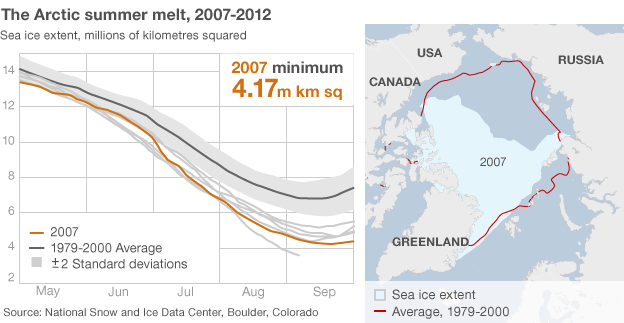Regional
Submitted by sendog6913 on
Mid-East governments sign Red Sea-to-Dead Sea water deal
Submitted by Anonymous[curre... (not verified) on
Water, bugs, labor challenge county's agriculture industry
Submitted by sindhu on
How technology is transforming emergency preparedness
Submitted by sindhu on
Africa’s Farmers Seek Private Money
Submitted by sindhu on
Africa faces sharp rise in climate adaption costs - UNEP
Submitted by sindhu on
Good Electricity Grids Make Good Neighbors
Submitted by sindhu on
Deforestation in Amazon jungle increases by nearly a third in one year
Submitted by sindhu on
West Antarctic Ice Sheet warming twice earlier estimate
Submitted by sindhu on
Arctic ice melting at 'amazing' speed, scientists find
Submitted by sindhu on


